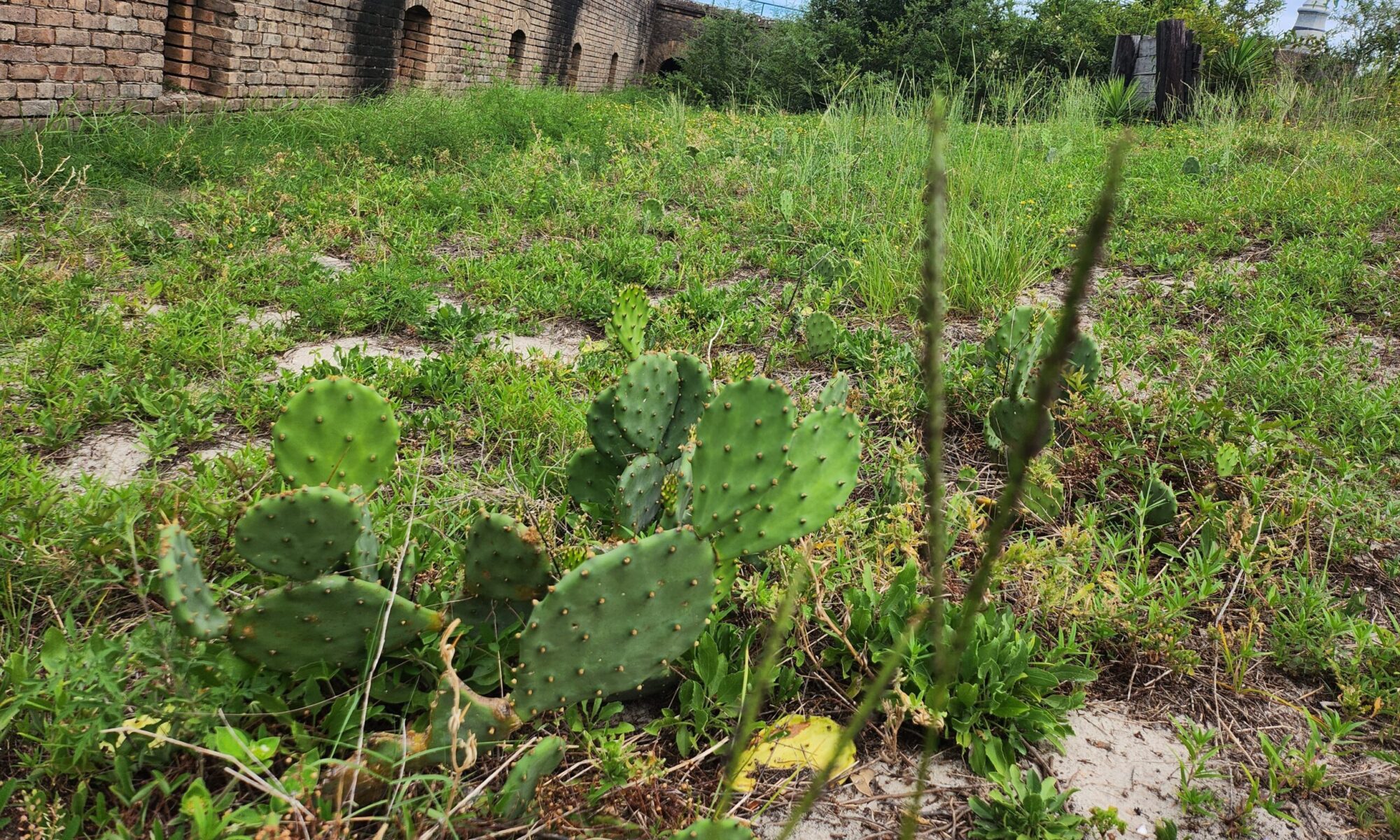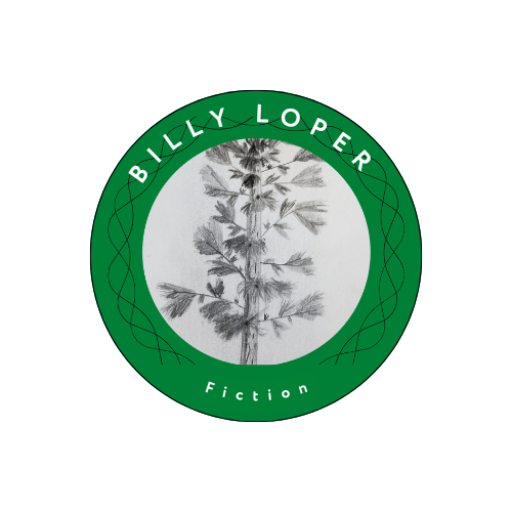Wyatt-Brown’s 1982 work Southern Honor: Ethics and Behavior in the Old South laid a foundation for scholarship on Southern honor and ethics that continues well into the modern day. His arguments on the lives of poor whites, much like any other topic the books touches, are not contained to a single chapter, but instead interwoven throughout his discussions of economic status, family, and personal morality. He situates poor whites in direct contrast with a classical view of “Southern Gentlemen,” which, despite his best efforts to avoid Gone with the Wind-esque stereotypes, can at times conjure as many images of Jefferson Davis as it does Colonel Sanders. The book roots the ideas of genteel honor and ethical behavior in ancient western ideas of chivalry but shows that poor whites were similarly rooted in the distant past. He explains, “those who lacked honor also lacked reputation…poor whites in the Old South were subject to the ancient prejudice against menials, swineherds, peddlers, and beggars” (Wyatt-Brown, 46). However, despite his characteristic view of Southern gentry, this contrast between poor and elite serves his argument well. It allows him to draw a clear distinction between the honor of the poor and the honor of the landed elite.
Wyatt-Brown situates genteel honor as focused on title and status, while explaining that the honor of poor whites was far more familial and fearful of outsiders. It is these ideas, the worries over honor and reputation and a subsequent rejection of outsiders, that he situates as the key features of honor for poor whites. One of the clearest examples of this rejection comes in chapter eight, “Strategies of Courtship and Marriage,” where Wyatt-Brown discusses the penchant poor whites held for what he deems “cousin marrying.” He paints the commonplace nature of incest among the poor as a strategy they utilized to prevent dangerous outside forces from eroding the ethics of their households. He explains, “cousin marriages were a means of reducing risks of incompatibility and of economic and social discrepancies” (Wyatt-Brown, 223). The supposed fearful nature of poor whites is discussed in much more depth during Wyatt-Brown’s discussion of violence and the so-called “frontier spirit.”
Wyatt-Brown does not claim this so-called “frontier spirit” created violence, but that it was a result of poor whites’ concerns over honor and reputation. He once again situates poor whites against the classical Southern genteel and explains that violence existed in all aspects of the South, but that lower ranked citizens committed violent offenses at a higher rate. He declares, “violence was the social necessity for men of all ranks to preserve white manhood and personal status in the fraternity of the male tribe to which all belonged. Through violence…the balance wheel of race, order, and rank was maintained” (Wyatt-Brown, 369). This, however, is where the primary discrepancy between Wyatt-Brown and Merritt begins to appear.
Wyatt-Brown’s views on poor white honor situates poor whites in a constant state of fear, reactionary violence, and reclusion. However, Merritt takes a far more economic view of the issue and situates poor whites in a closer relationship with slavery. Merritt’s view on poor whites will be the topic of the next entry of this series.
Thanks for reading!
Merritt, Keri Leigh. Masterless Men: Poor Whites and Slavery in the Antebellum South. Oxford: Oxford University Press, 1982.
Wyatt-Brown, Bertram. Southern Honor: Ethics and Behavior in the Old South. Oxford: Oxford University Press, 1982.

